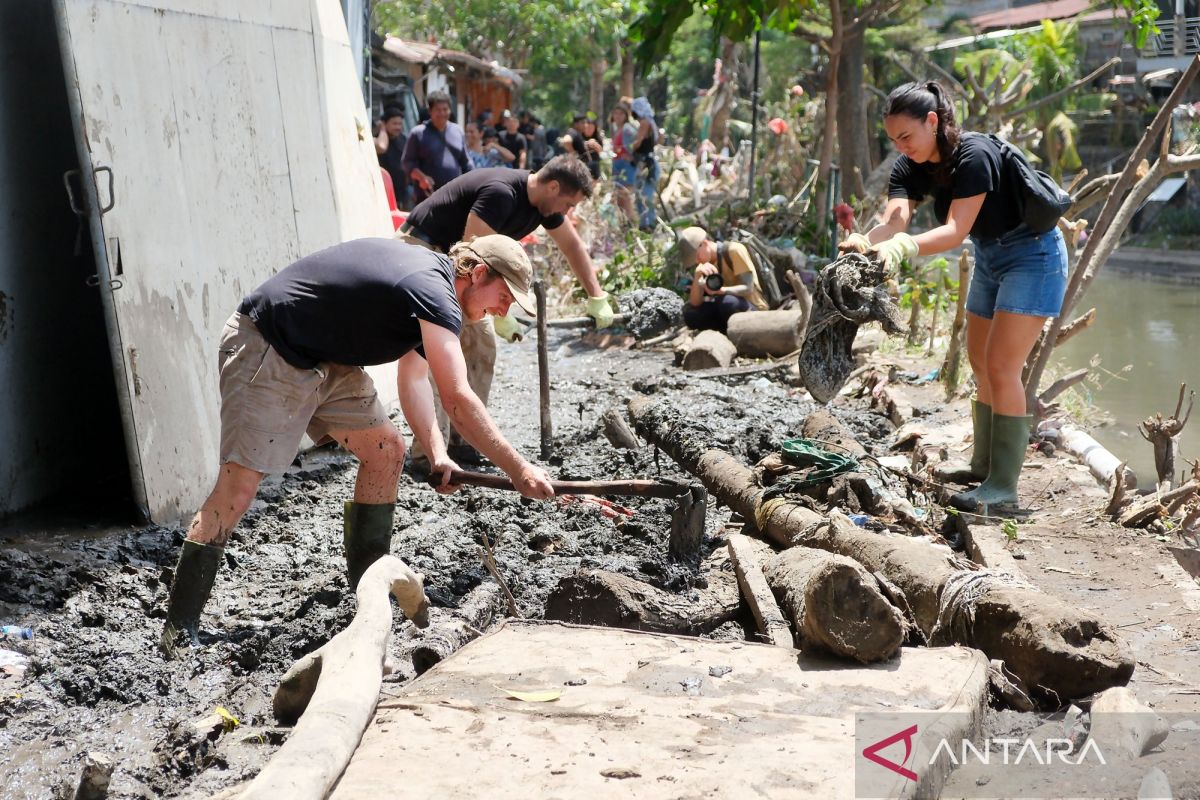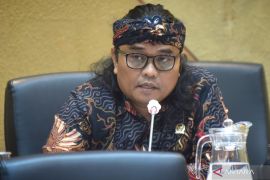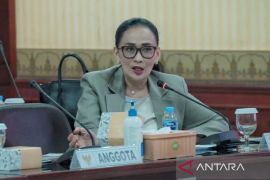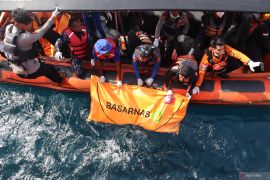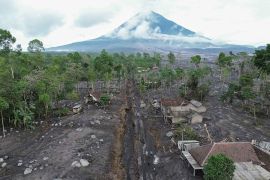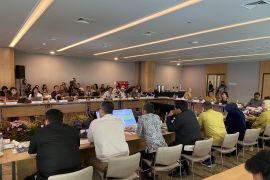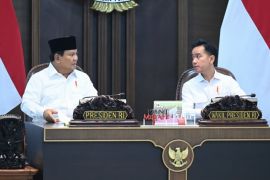Jamaludin Malik, a member of the House of Representatives' (DPR) Commission XII, made the call in Jakarta on Thursday in response to a BMKG warning about a potential extreme rainy season and worsening waste crisis that has aggravated flooding in several regions, including Bali.
Malik stressed that the government must address the warning with measured, integrated, and technology-based policies.
"Floods are not merely a natural phenomenon," he said. "The waste management crisis in tourist areas like Bali has worsened their impact."
According to the BMKG, the peak of the rainy season will come in two major waves: in November–December 2025 in Sumatra and Kalimantan, and in January–February 2026 in Java, Sulawesi, Maluku, and Papua.
The agency also warned that rainfall intensity is expected to increase, with the potential for a month’s worth of rain falling in a single day.
Malik noted that the impacts of floods extend beyond physical damage to include economic and social losses. In Bali, for example, waste accumulation in rivers and along beaches has caused environmental destruction, disrupted tourism, and even led to fatalities.
He urged local governments to step up investment in waste management through initiatives such as waste banks, recycling technology, and waste-to-energy plants.
Malik further underlined the importance of public-private collaboration to ensure sustainable financing for environmental protection.
"Environmental resilience is part of national resilience. We cannot continue to respond to disasters with a reactive pattern," he said.
He added that the DPR would push the government to allocate sufficient funding for climate mitigation and adaptation, including modern and environmentally friendly waste governance.
Related news: Bali ends emergency status after devastating floods
Related news: Bali floods kill 18, thousands affected: BNPB
Translator: Tri Meilani Ameliya, Cindy Frishanti Octavia
Editor: Anton Santoso
Copyright © ANTARA 2025
